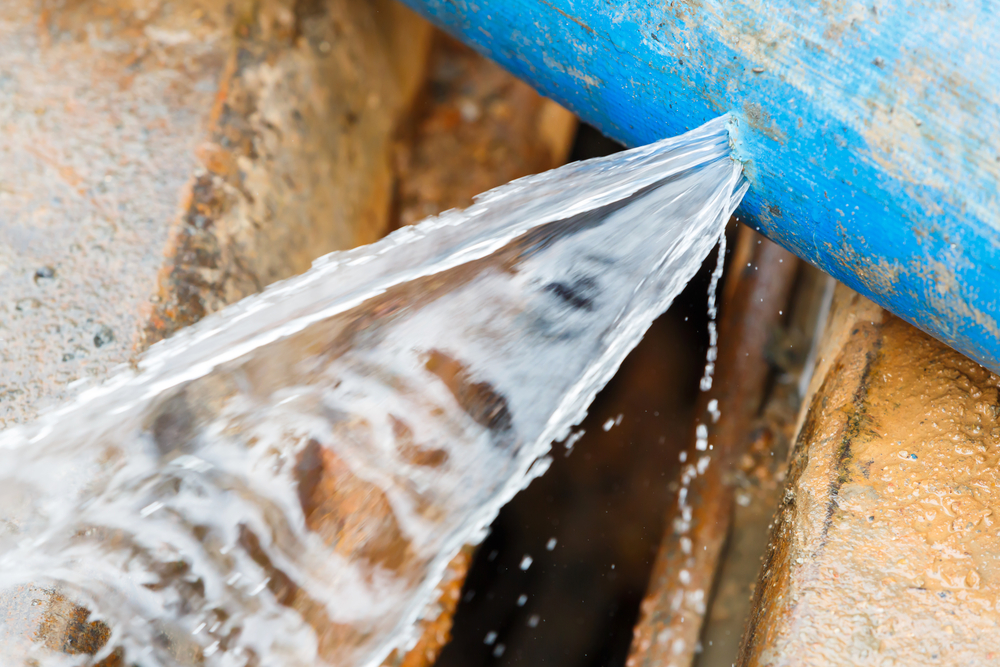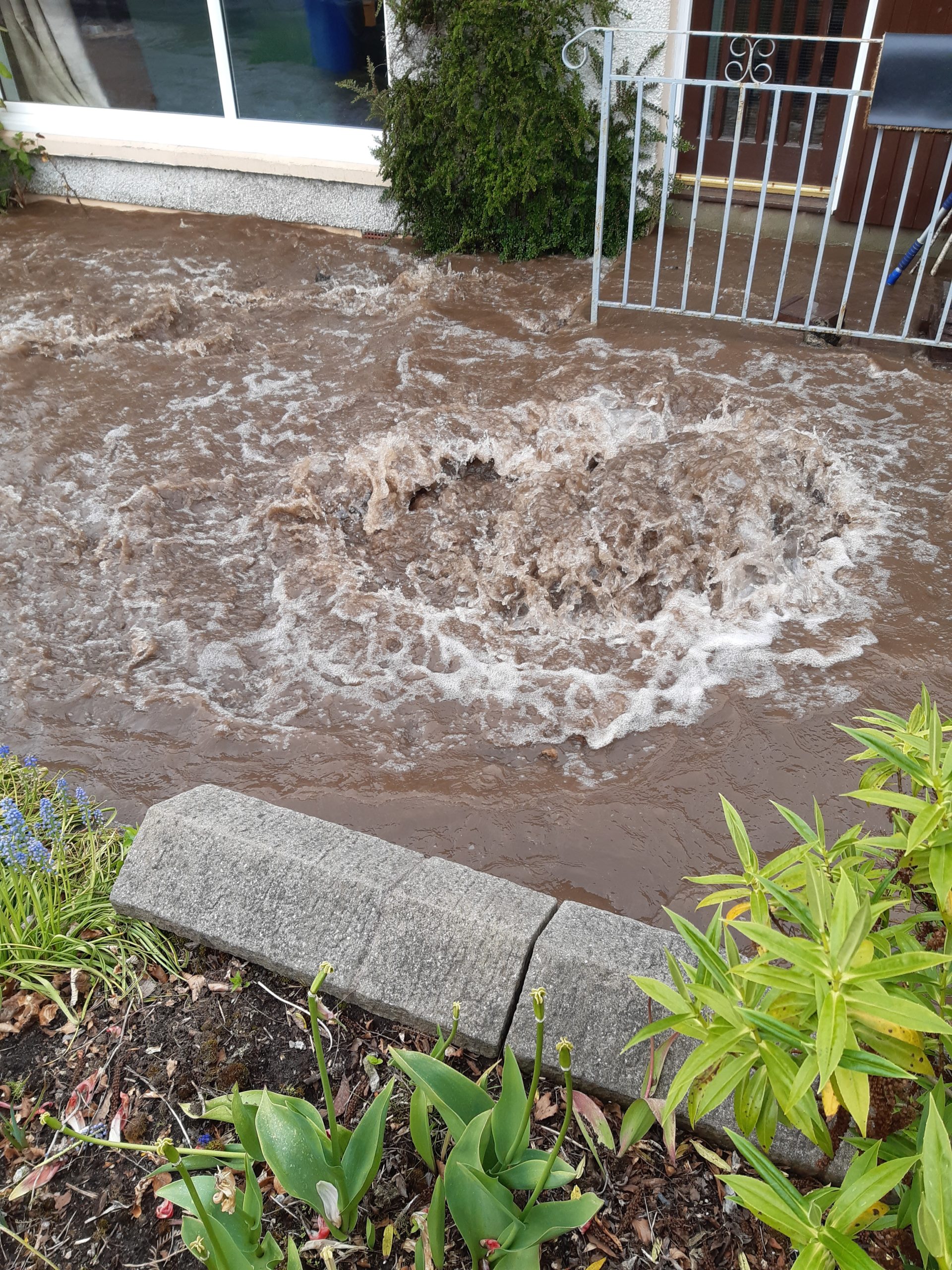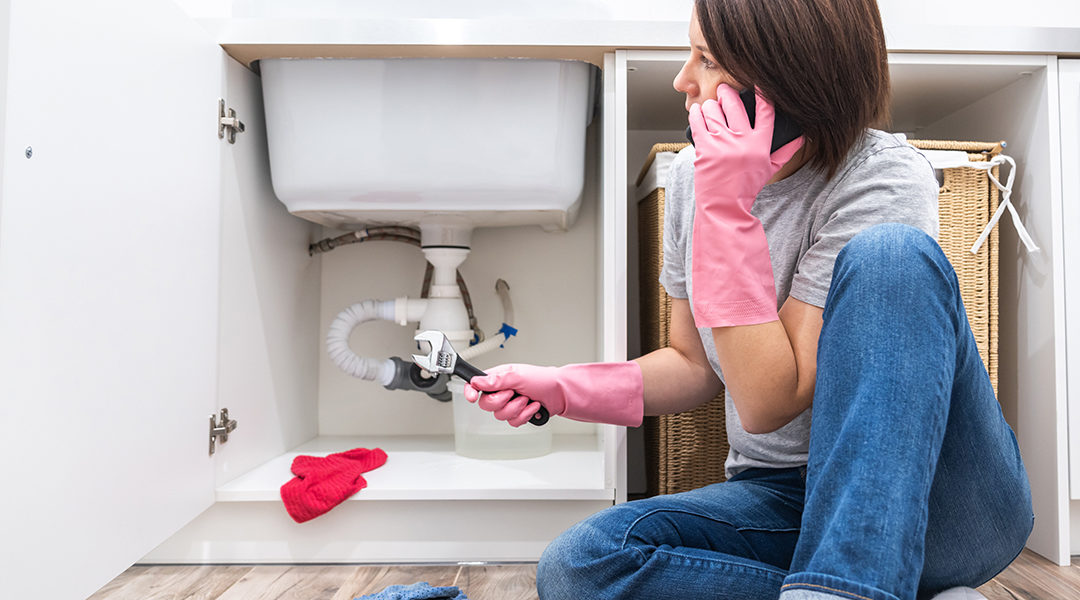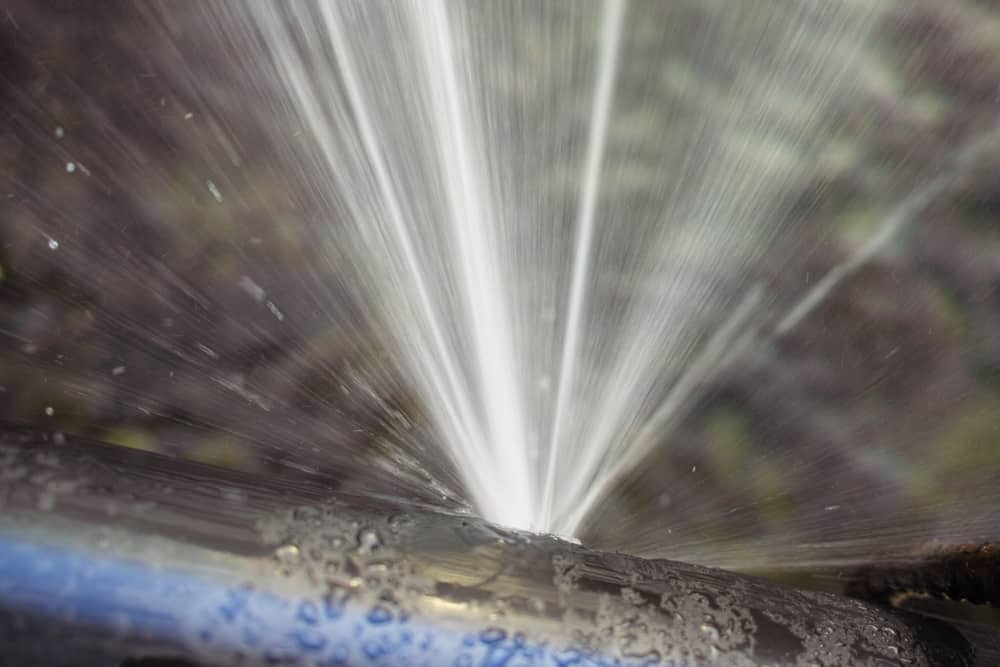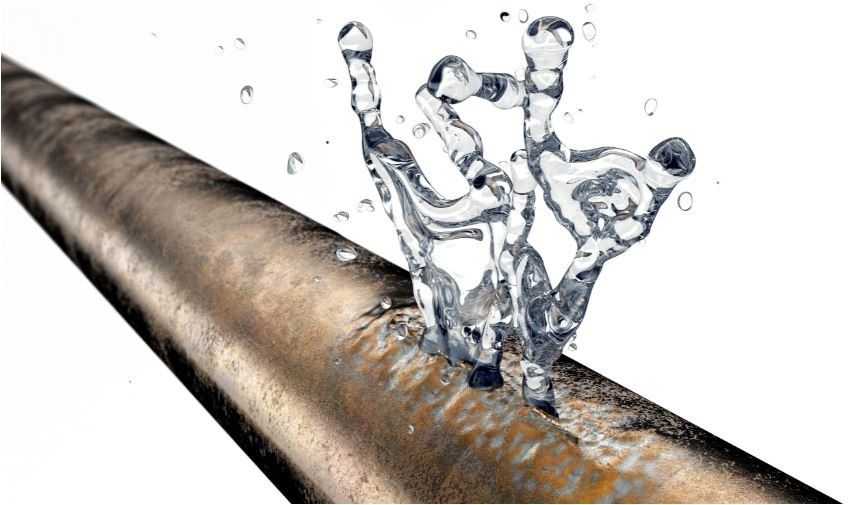Best Of The Best Info About How To Tell If A Water Pipe Has Burst
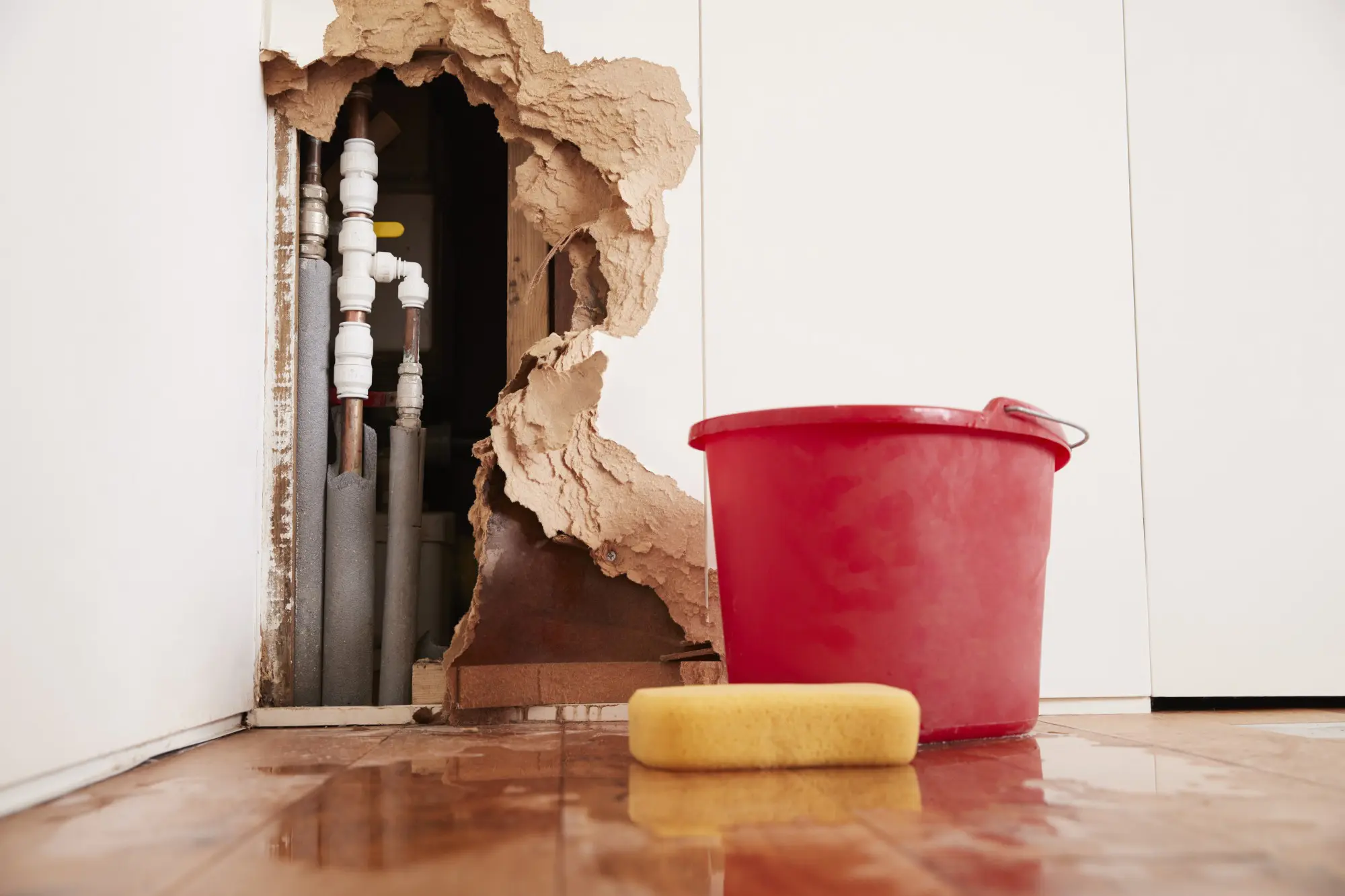
Although property owners usually don’t hear pipes bursting, if you.
How to tell if a water pipe has burst. Discoloration on your walls or ceiling is an immediate red flag since it’s a clear sign that there is water in. Weakened sections of pipe may burst with a loud “ popping ” sound similar to a car backfiring. Faucets aren’t producing hot water.
When a pipe bursts, go to your home’s main water valve and shut it off immediately. How to detect burst pipes. Listen for water and pipe sounds in the walls.
If you notice that your power has gone out, it is important to check for signs of a water pipe burst before assuming it is just an electrical problem. If you hear a loud banging or hissing sound coming from your pipes, it could be a sign of a burst water pipe. The presence of mold or mildew may also indicate a burst water pipe.
You may be able to hear a burst pipe: Locate your stop tap, which is often in the cupboard under your kitchen sink,. How to tell if you have a burst pipe:
There are several common signs that indicate a pipe has burst, such as low water pressure, strange noises coming from the pipes or walls, and visible water pooling in. Common signs of a possible burst pipe include reduced water pressure, loud noises coming from your pipes, visible leaks or water pooling around the base of your. However, there are some important steps you can.
You may also be able to find a visible leak in the pipes or around fixtures such as. If a pipe in your home breaks or bursts, you’re likely going to need to call in a professional to do the actual repairs. A burst pipe can lead to standing water in hidden spaces, like the walls or under the floor.
If your water turns brown or yellow, you may have a burst pipe. If you have a burst pipe, you may notice signs such as water leaking from the walls or ceiling, a decrease in water pressure, and an increase in your water bill. Turn the valve clockwise by hand or use a meter key.
Start by listening for the sound of running water or looking for wet spots on the walls or floor. When water freezes, it expands in volume by about 9 percent. Stagnant water can create a foul smell that permeates your home.
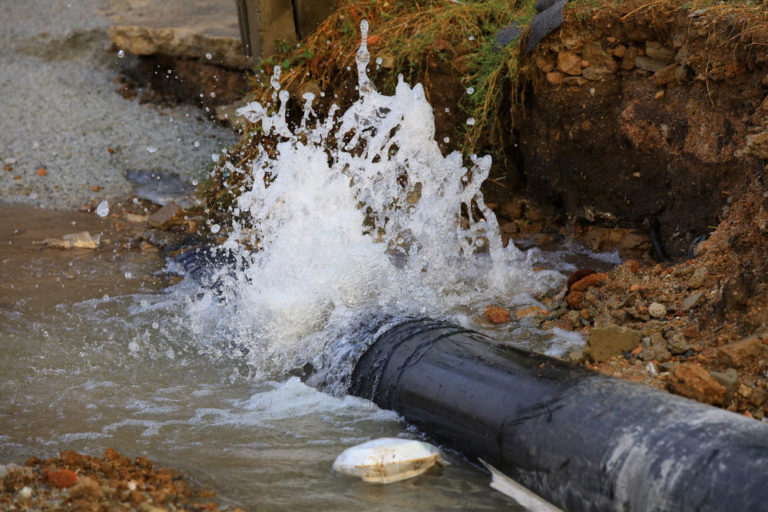
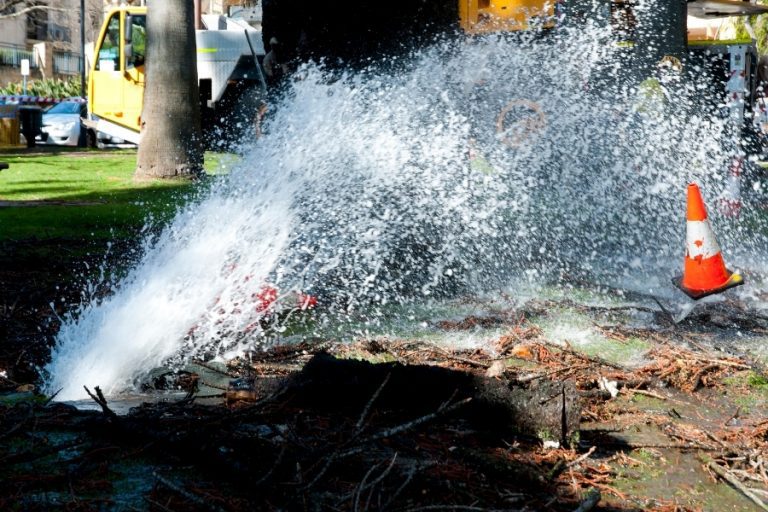
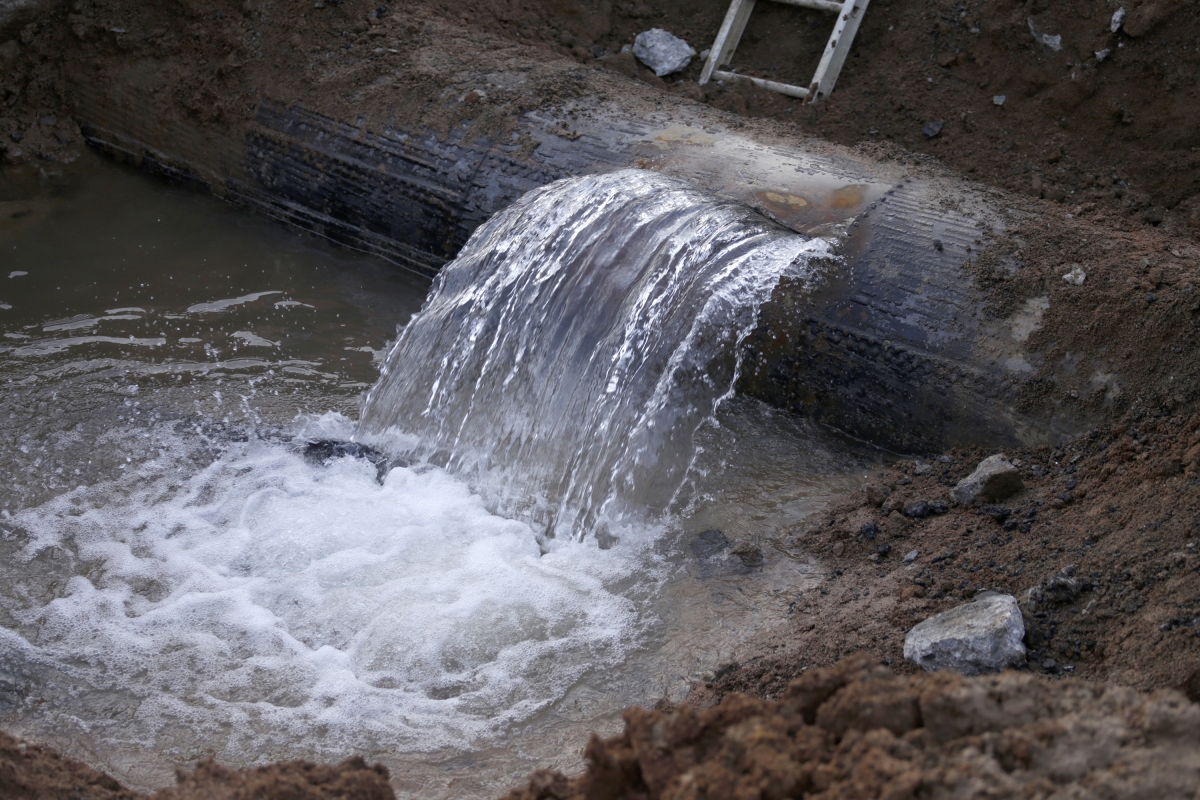
![What Causes Burst Water Pipes? [Infographic] Under Pressure, High](https://i.pinimg.com/originals/7e/d5/23/7ed5233a3788625148466497c79157f8.jpg)
